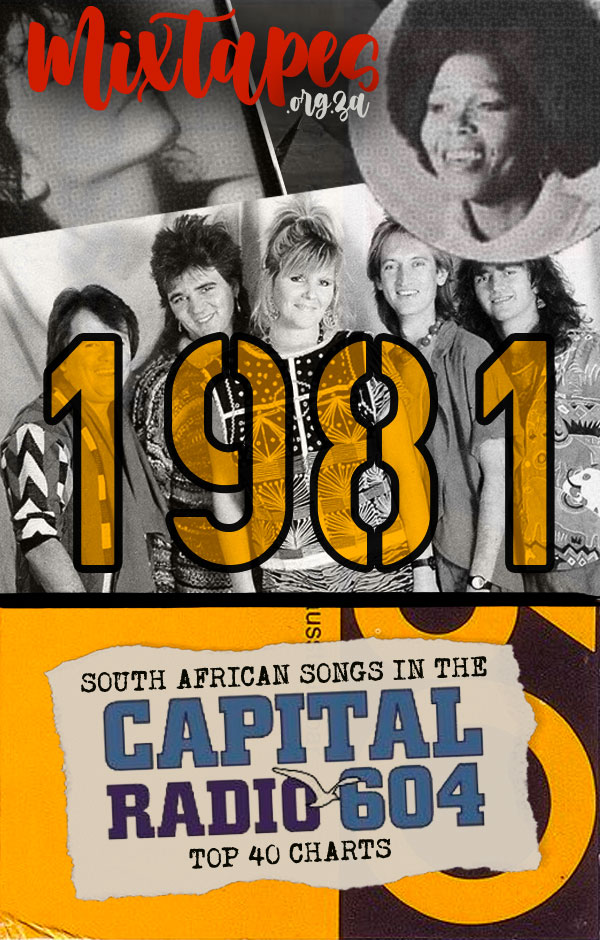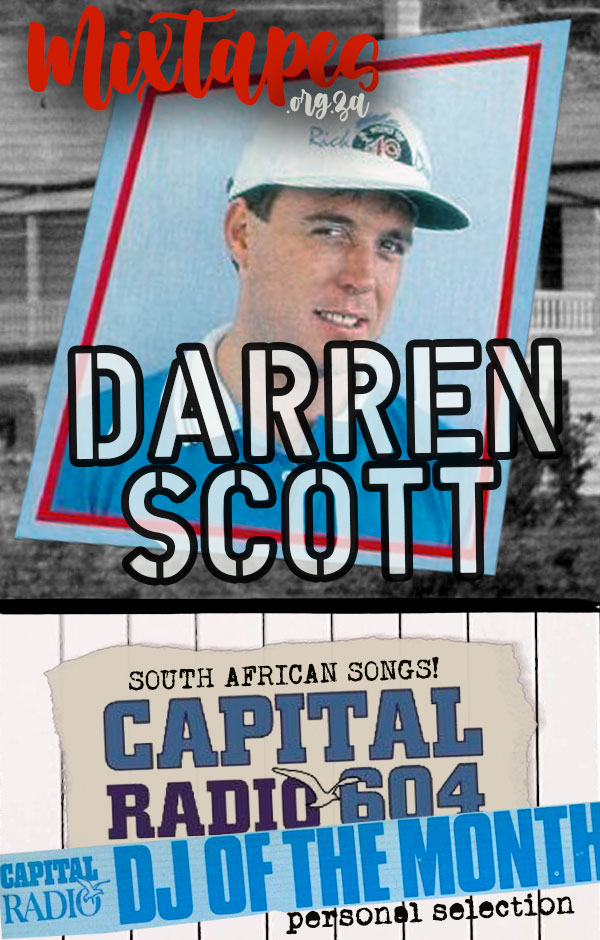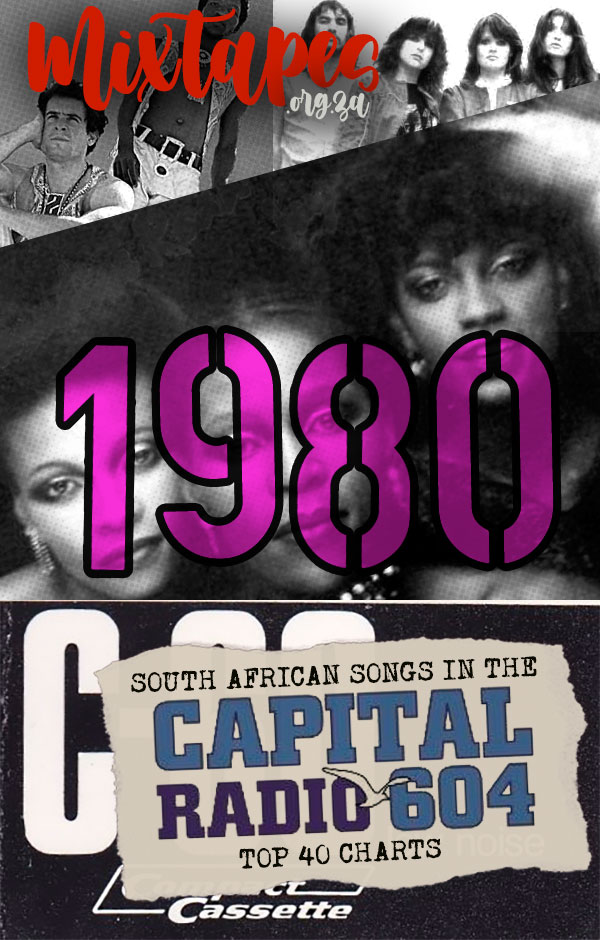
In 1981 Capital Radio was still broadcasting from Port St Johns in the Wild Coast, and still charting a new way forward with music policy. They continued to select songs from a broad spectrum including reggae (still not played on Radio 5), funk, soul, disco, pop, rock, country and post-punk influenced new wave. Juluka , whose ‘Africa’ was playlisted on Capital from the outset , offered a unique combination of Celtic folk rock and mbaqanga to add to the already eclectic mix of music Capital listeners got to hear on their radios.
Some of the South African acts which charted on Capital in 1980 did so again in 1981: City Limits, Joy, Juluka, Lastique and Peach but 1981 offered up songs by artists new to Capital Radio. Margaret Singana was already well-known to the South African audience but Capital introduced several musicians and groups on the release of their debut albums and singles. These included Lesley Rae Dowling, Hotline, Kariba, Morocko and Neill Solomon & The Uptown Rhythm Dogs.
Such was the difficult and transient nature of the South African music industry that on occasion some groups shared musicians who were either trying their luck with two or more bands at once or who had jumped ship in the hope of something more successful and lucrative. On many occasions a musician’s group broke up and they sought a new group to play in.
For example, of the groups who charted on Capital in 1981 Jethro Butow was a member of both Kariba and Morocko and Mike Faure was a member of Morocko but after they broke up he briefly joined the Uptown Rhythm Dogs (in 1982). By 1981 one-time Ballyhoo drummer Cedric Samson had become initially drummer and then vocalist for Morocko. After Clout broke up in 1981 Bones Brettell became the keyboard player for Hotline and Gary van Zyl became the bass player for Juluka, who were expanding from a duo to a fully-fledged band. Another member of the newly expanded Juluka was keyboardist Rick Wolf who had been a member of City Limits until their demise earlier that year. In turn, Wolf was replaced in 1983 by former Clout keyboardist Glenda Millar (formerly Glenda Hyam).
In 1981 no South African songs reached number one or two in the Capital charts. Of the top performing songs on the Capital Top 40 countdown “When you gonna love me” – City Limits peaked at number 3, “Nightmare” – Peach reached number 4, “Love chain reaction” – Joy spent two weeks at number 6 and “Impi” – Juluka spent two weeks at number 7. “Bowtie boogaloo” – Morocko reached number 10.
This mixtape plays from number 14 through to the number 1 South African song of the year as per performance on the Capital Radio weekly countdowns. If you want to see the play listing prior to listening to the countdown you can view the order of the songs in this week’s poll below.
Show Playlist + Poll
–




